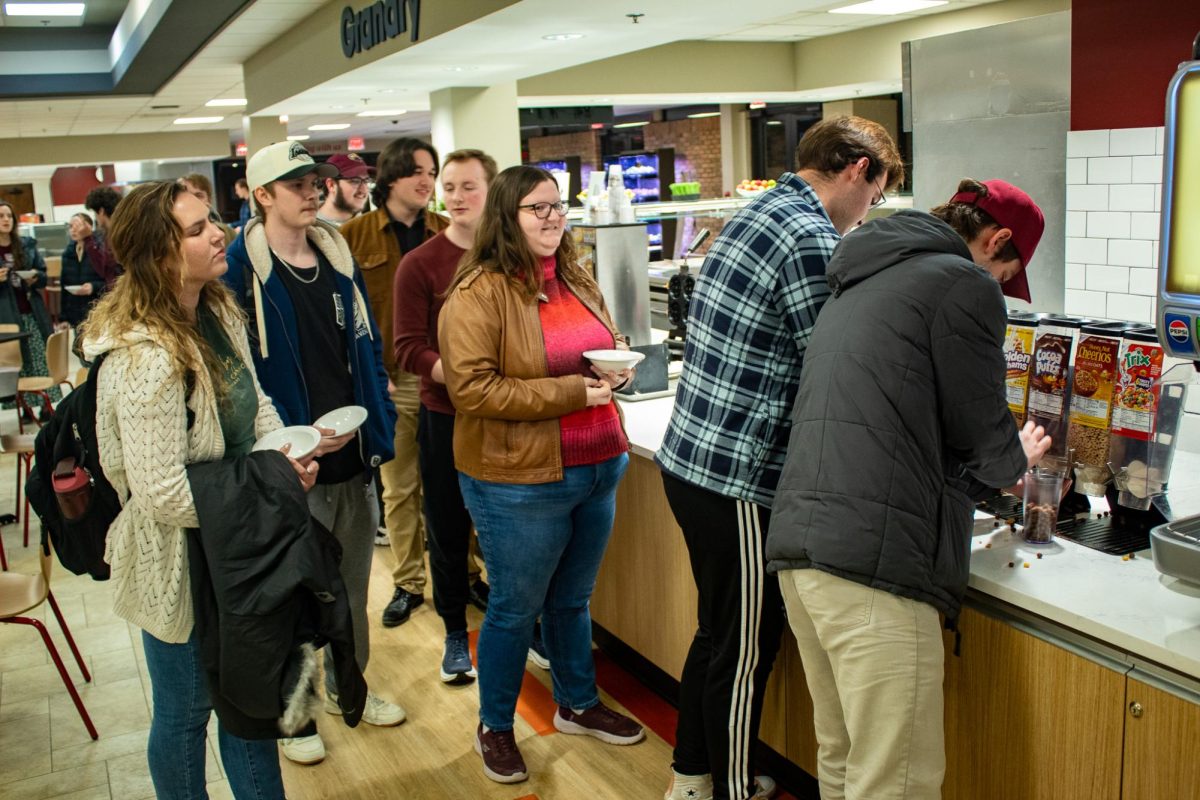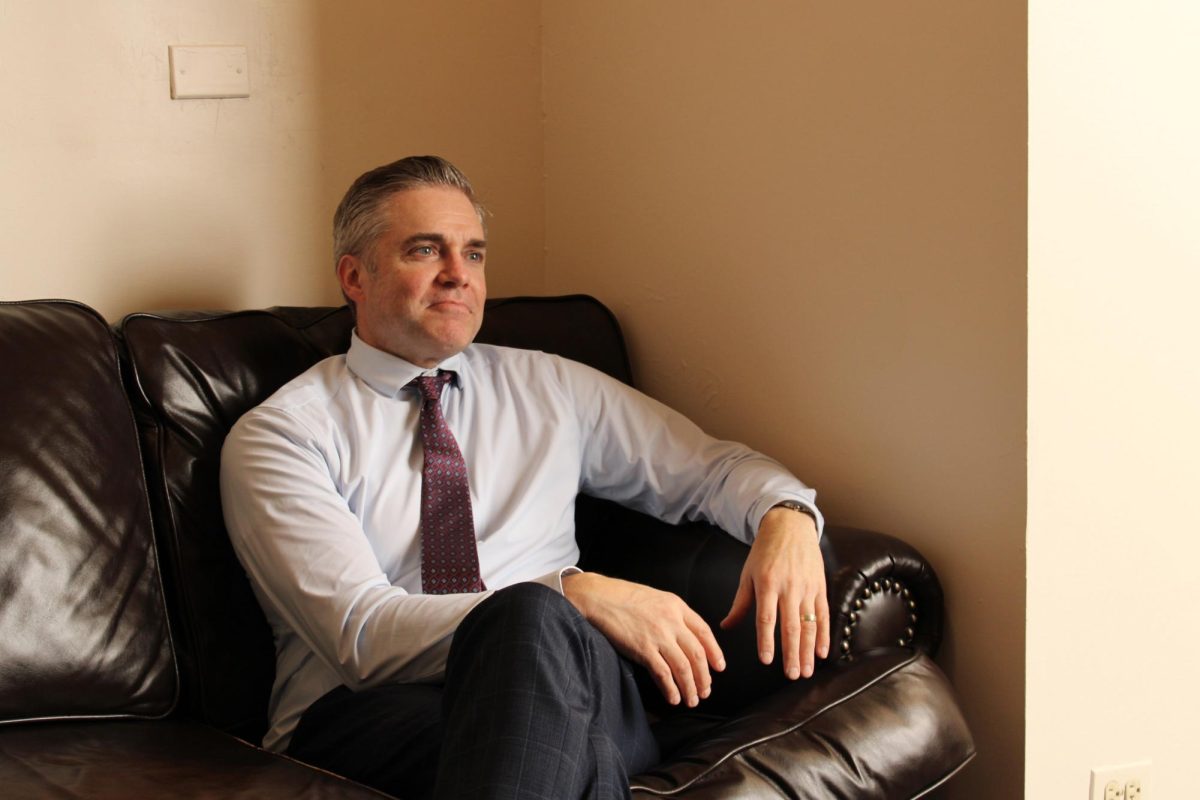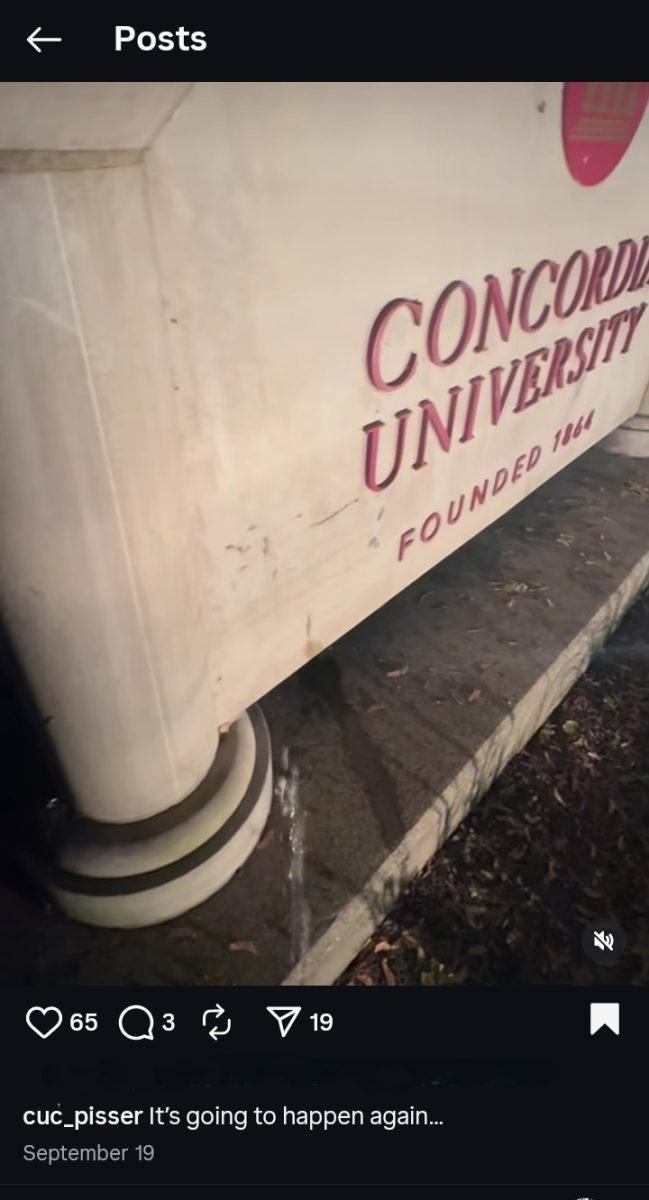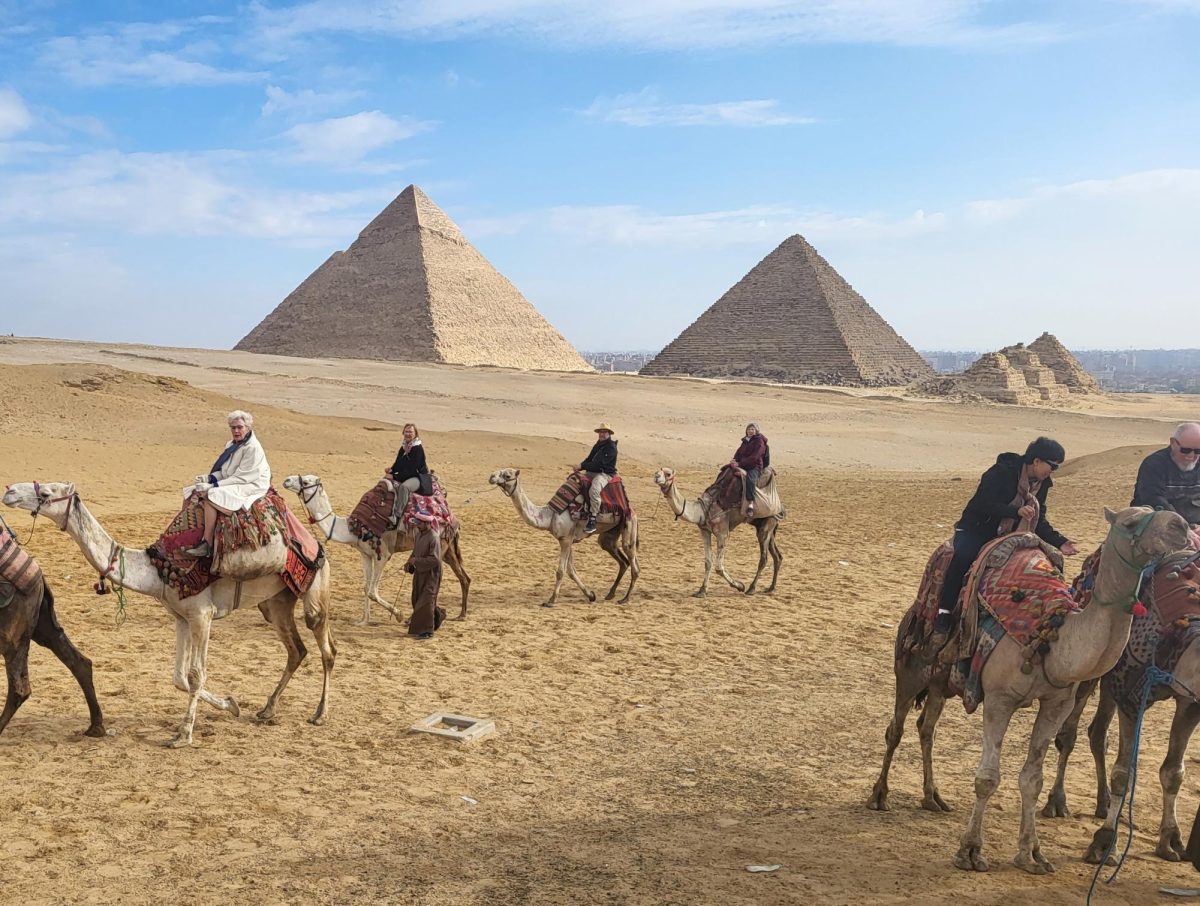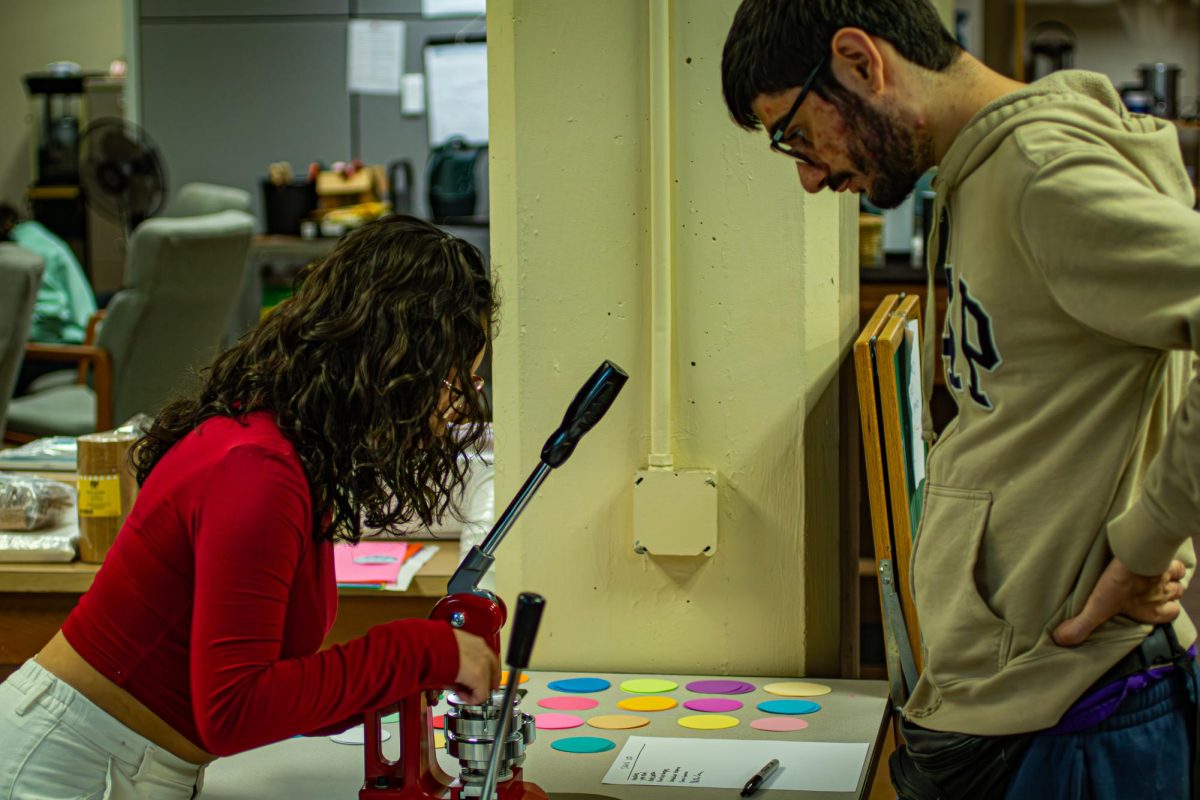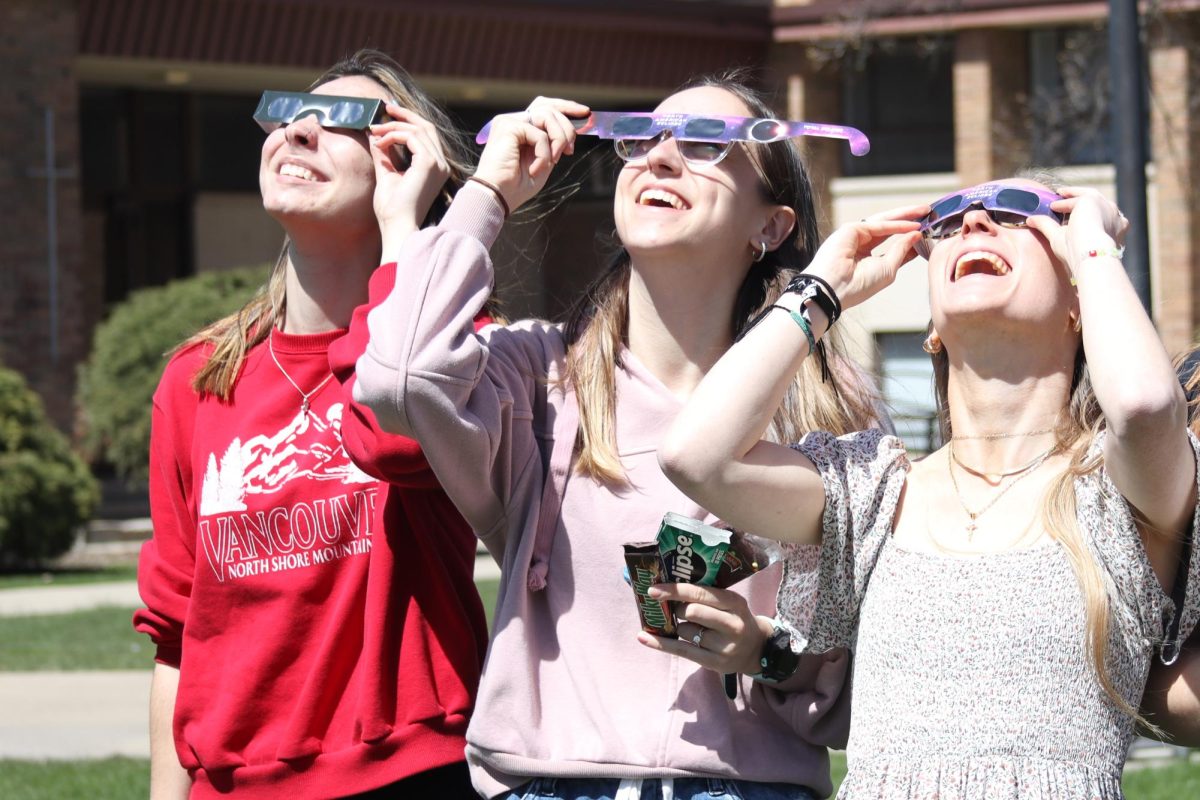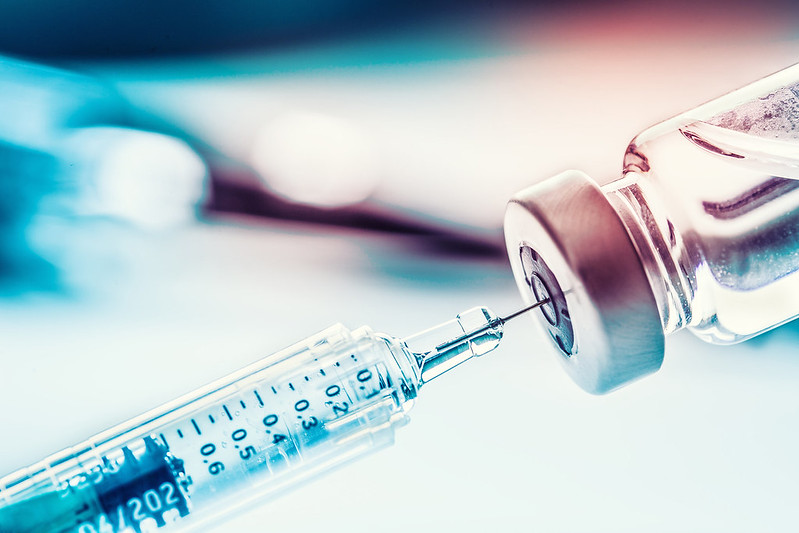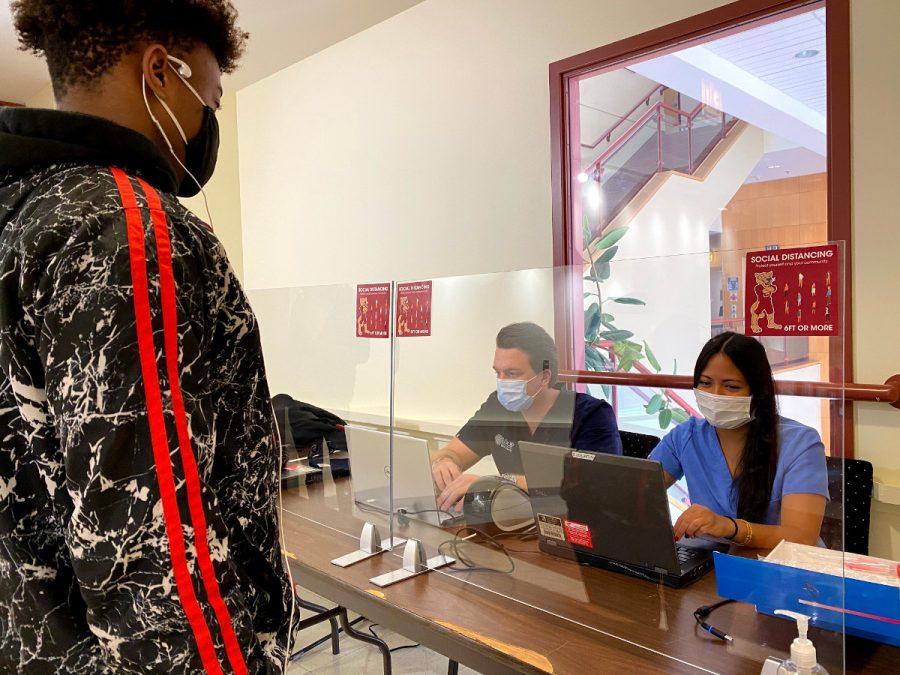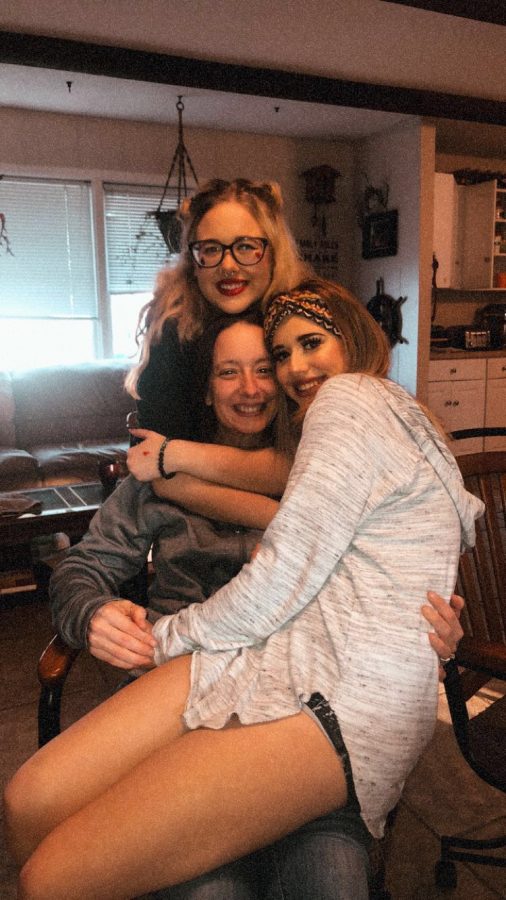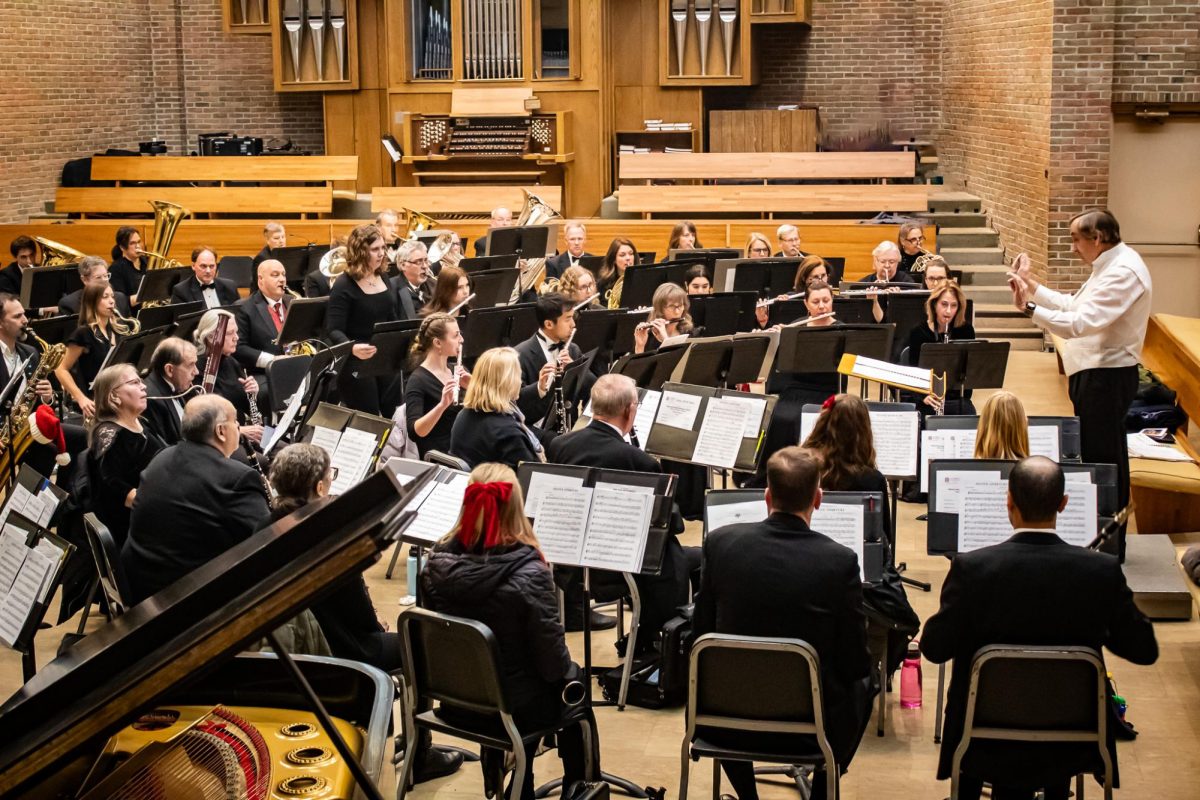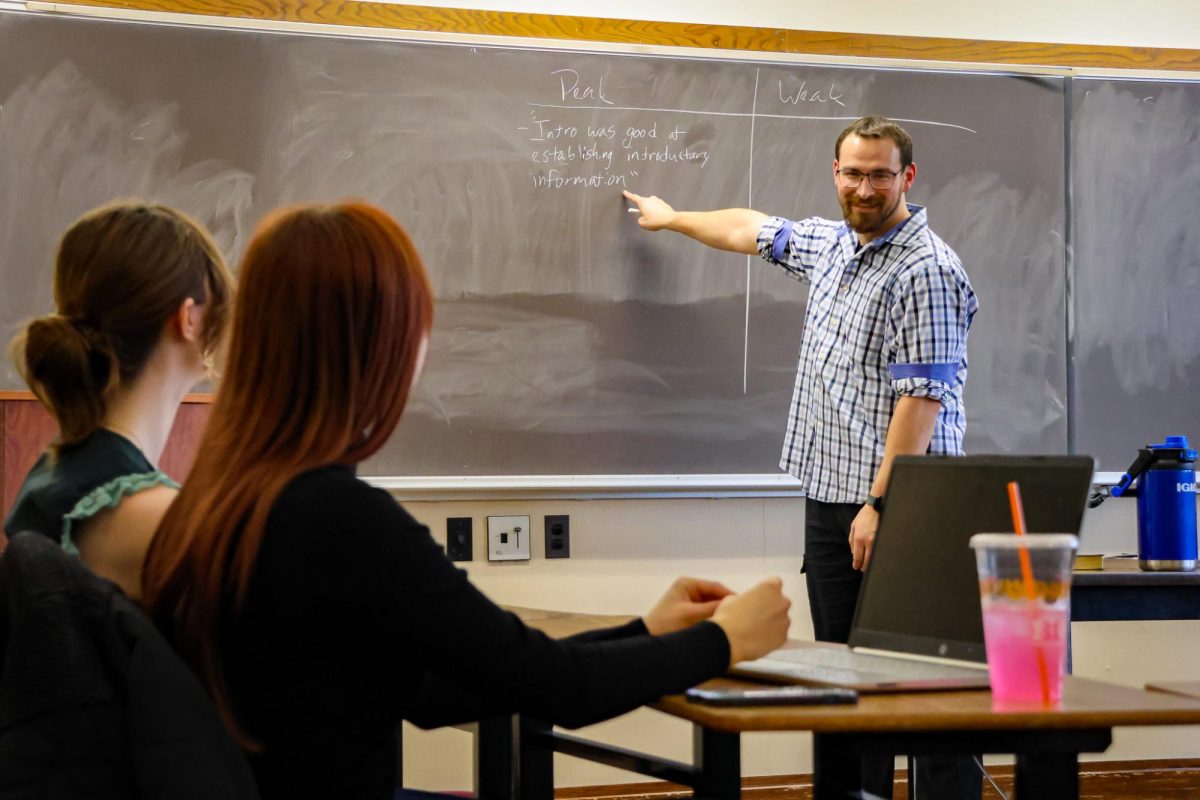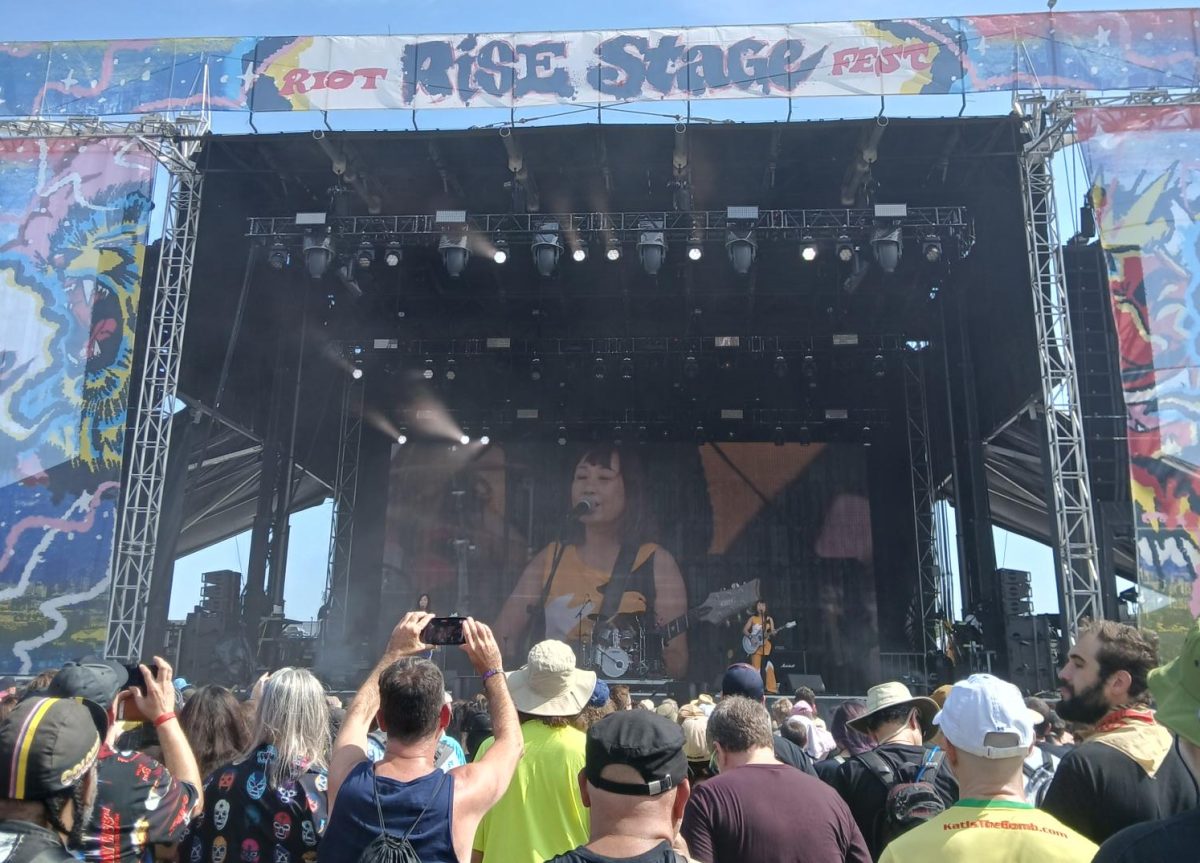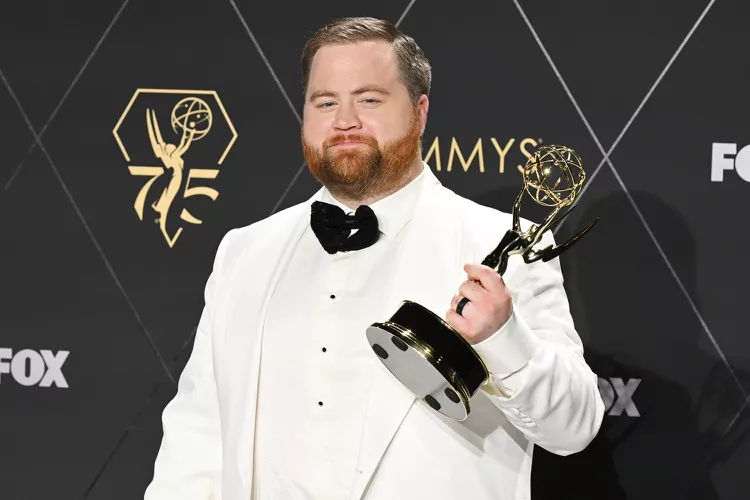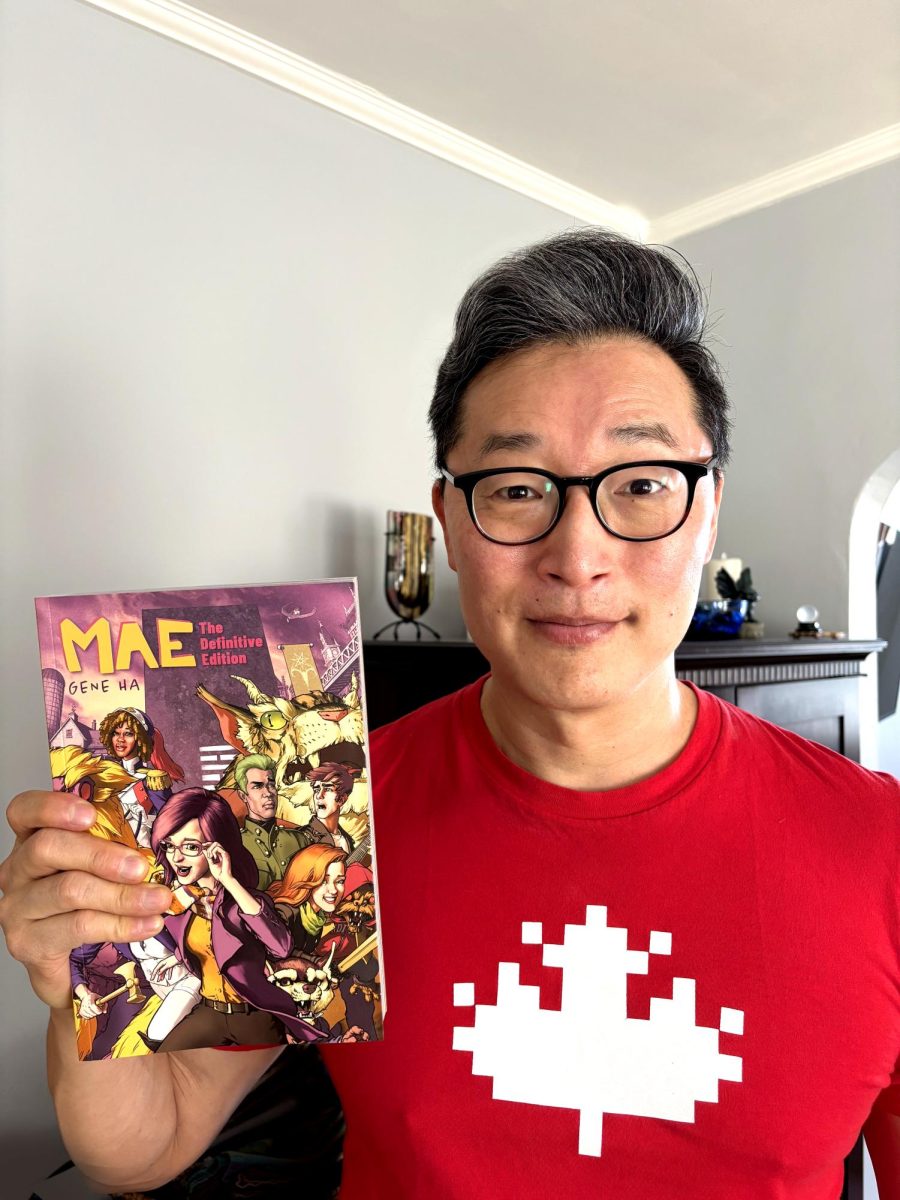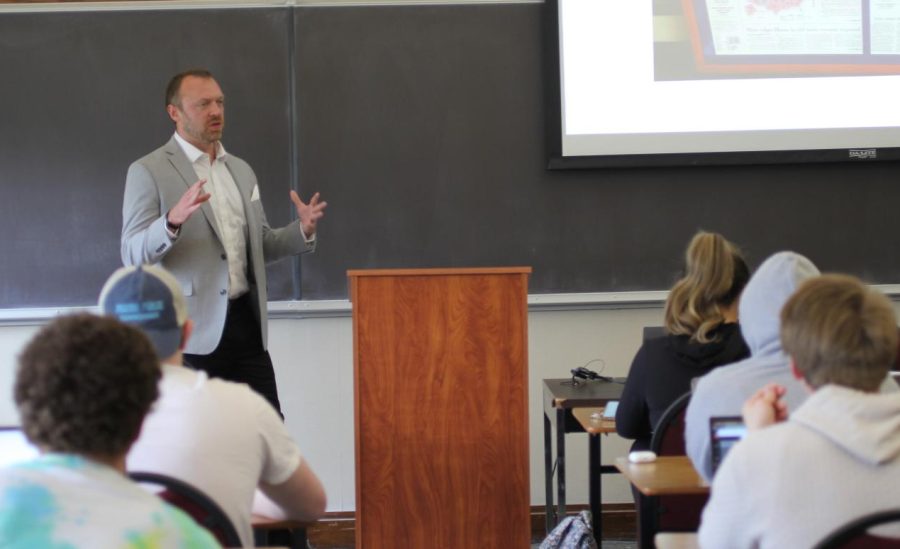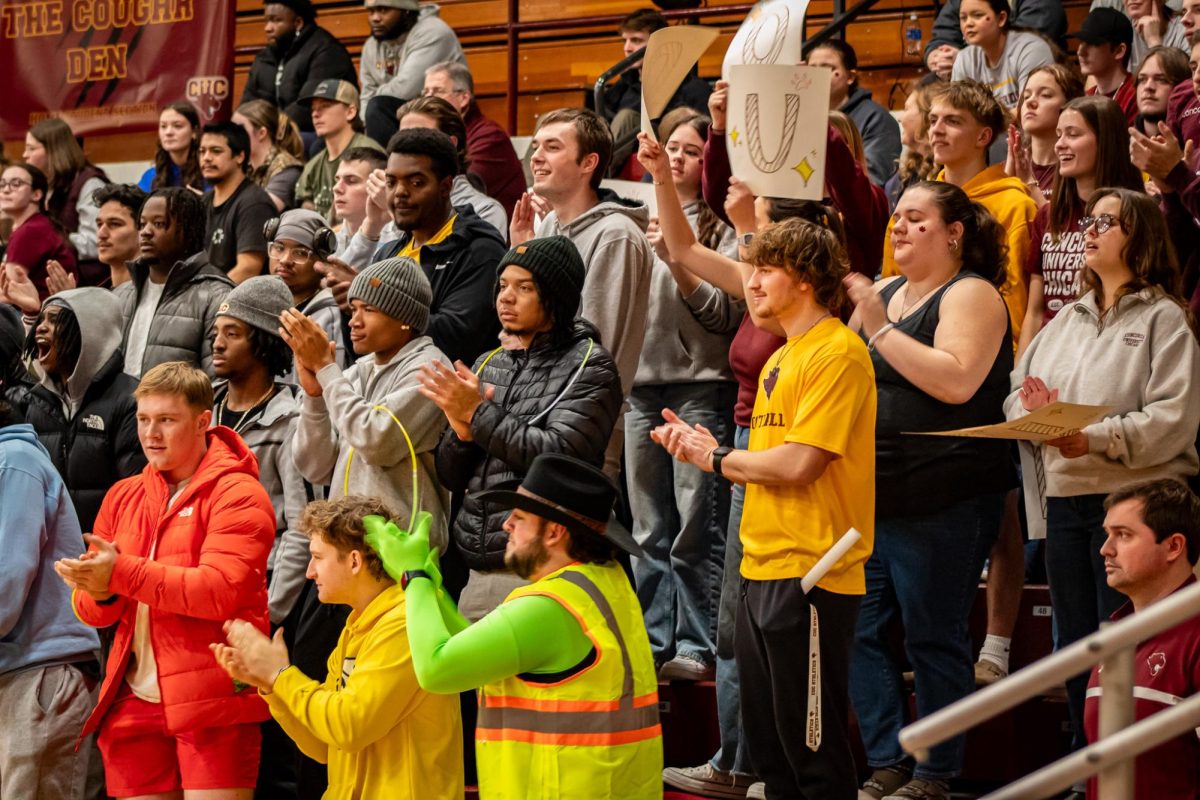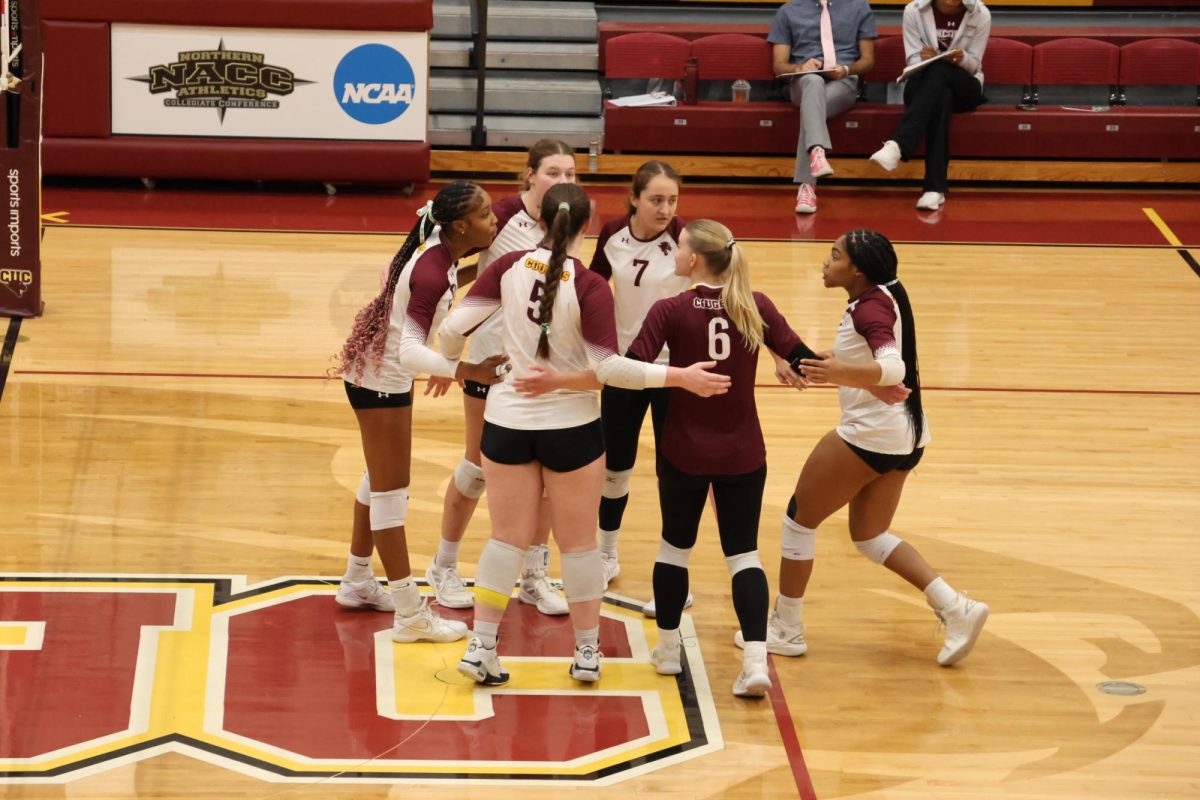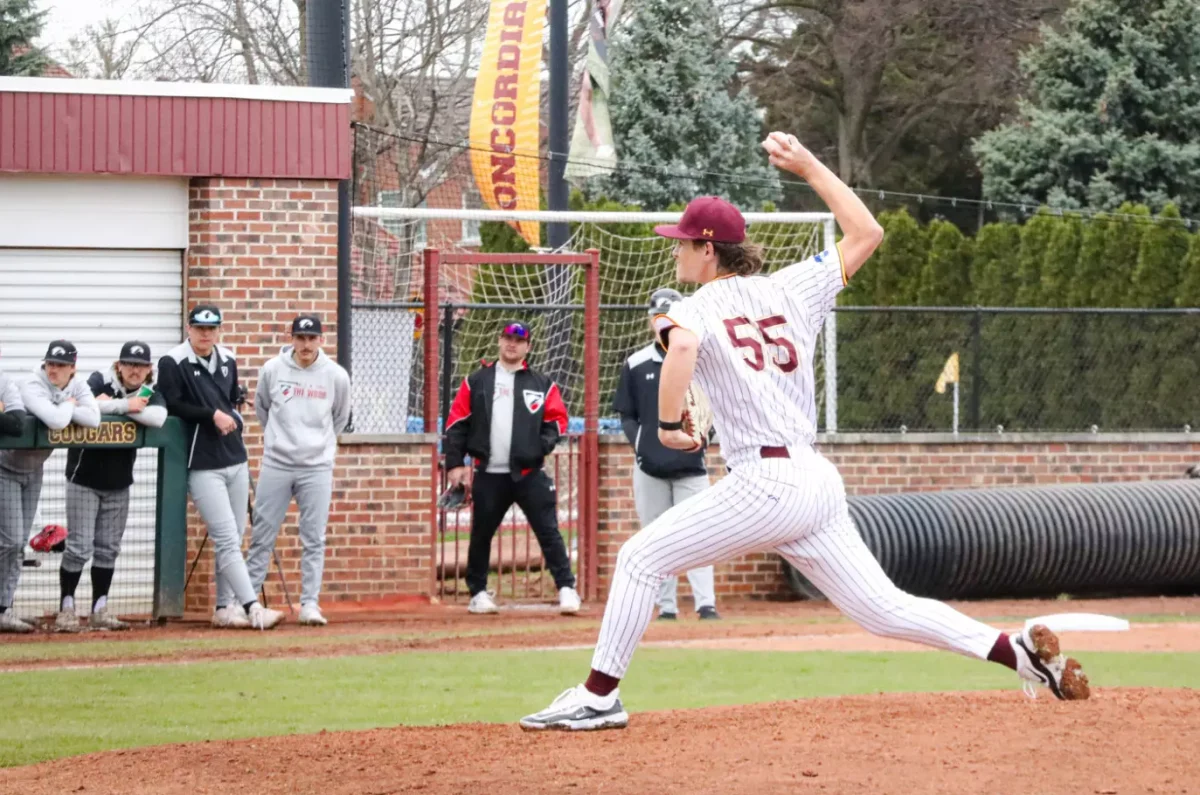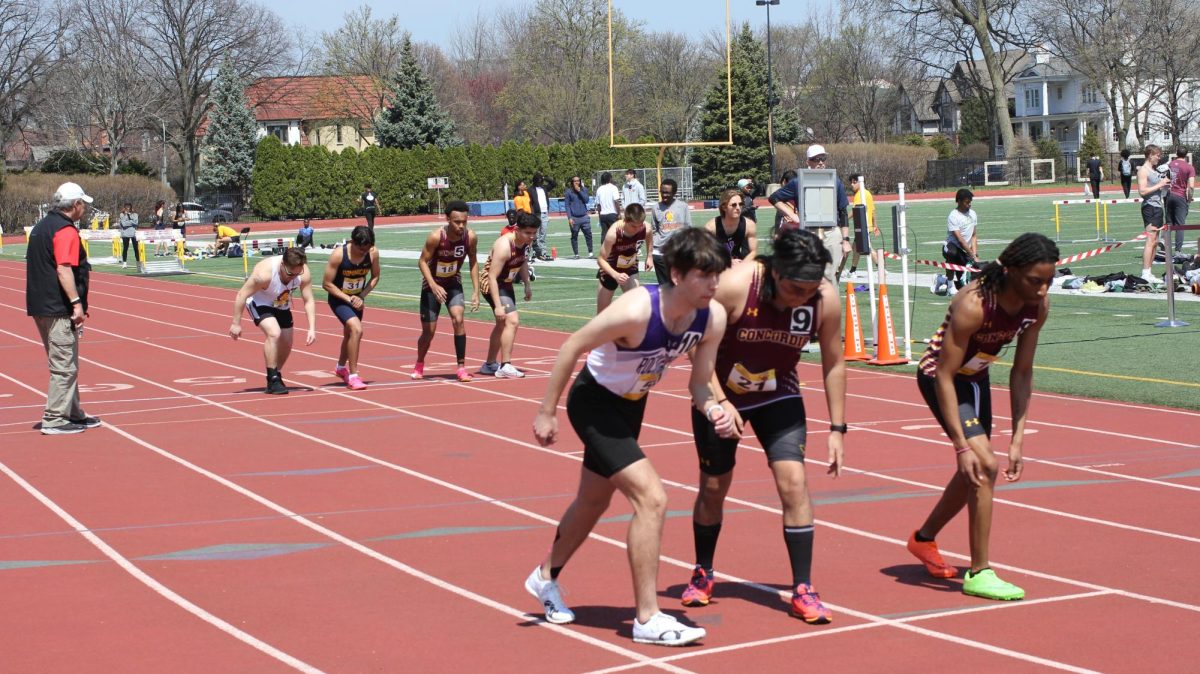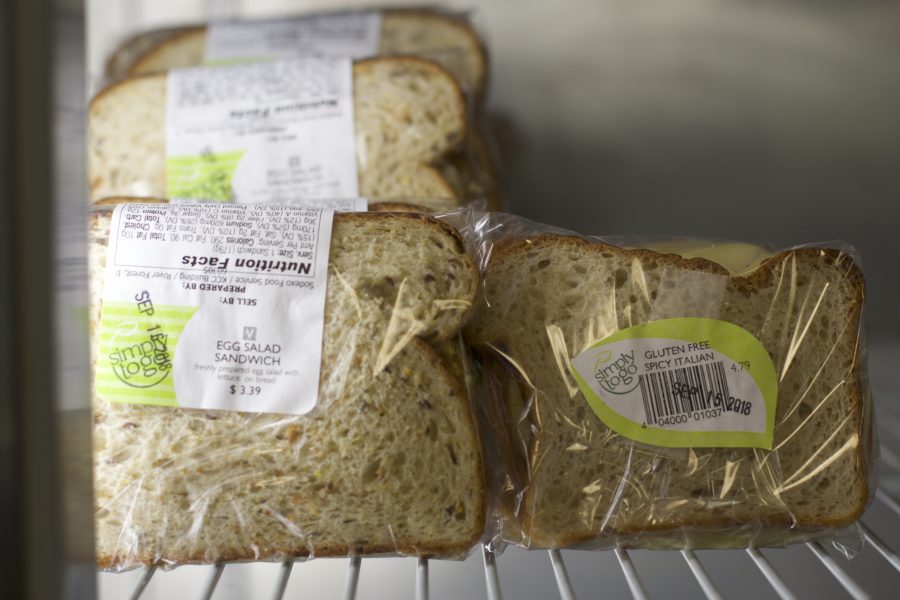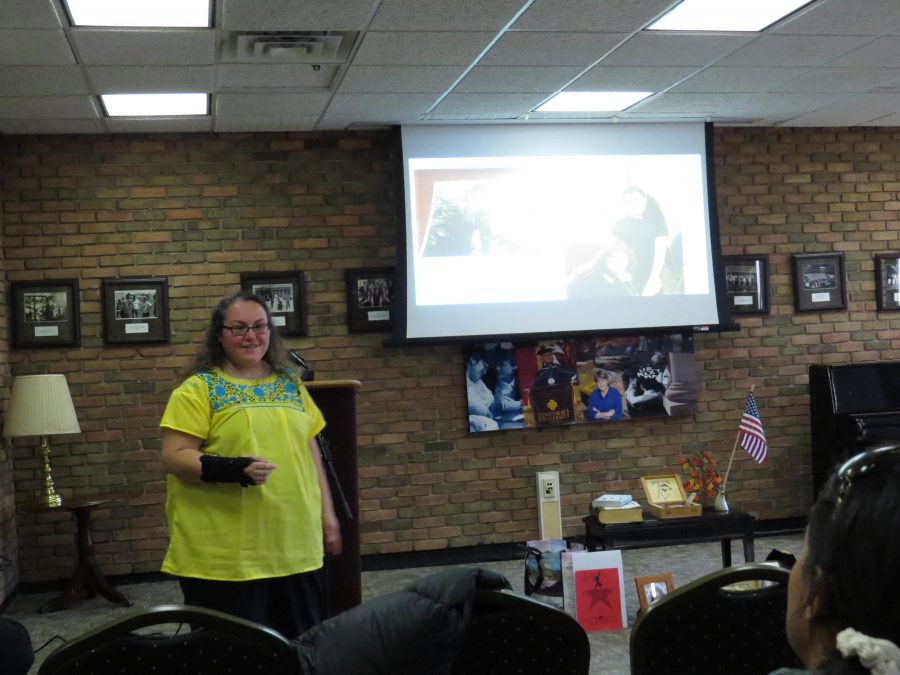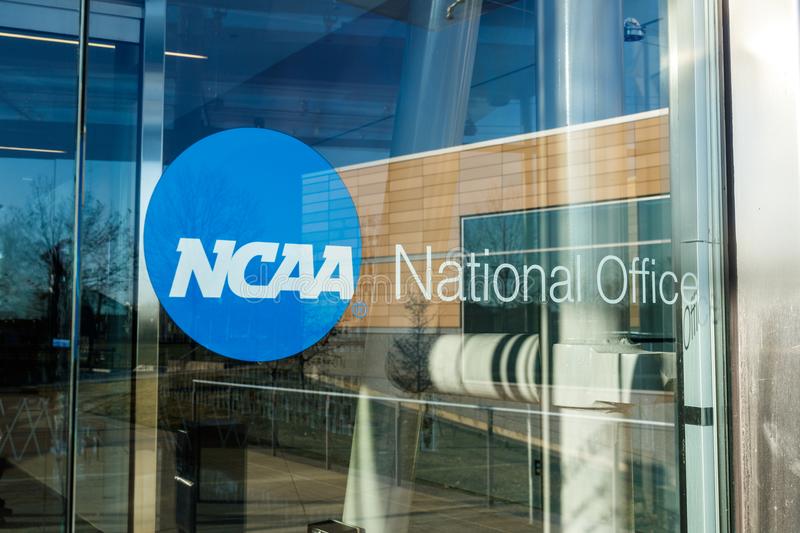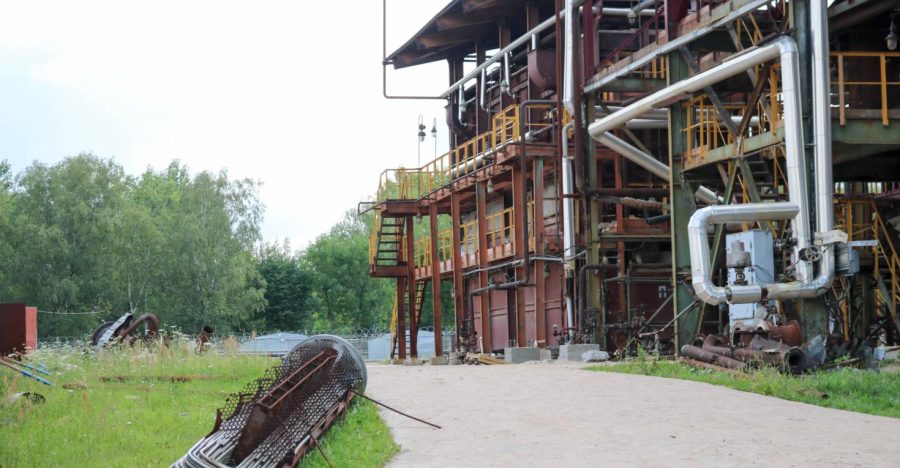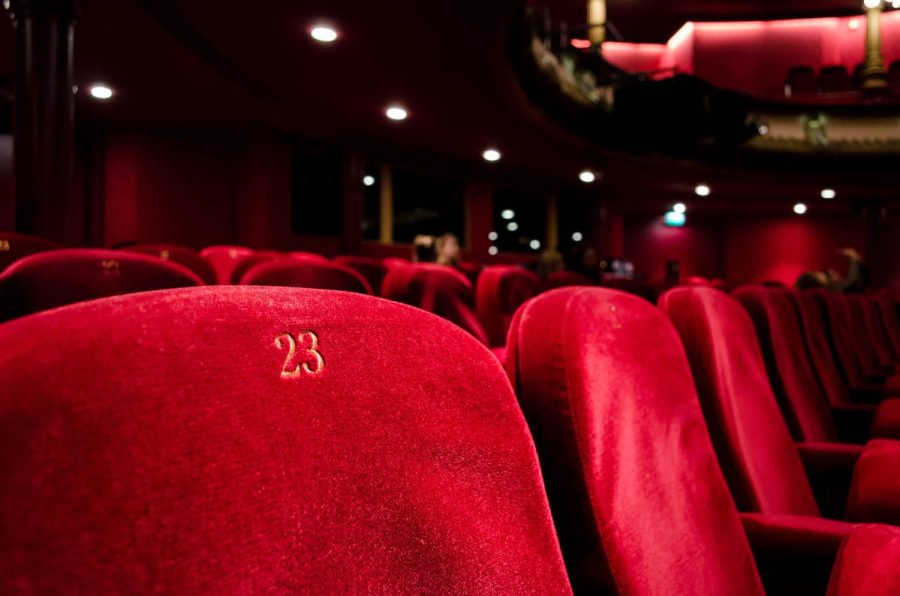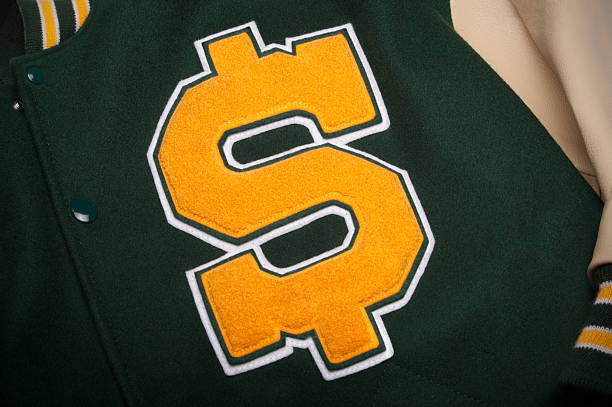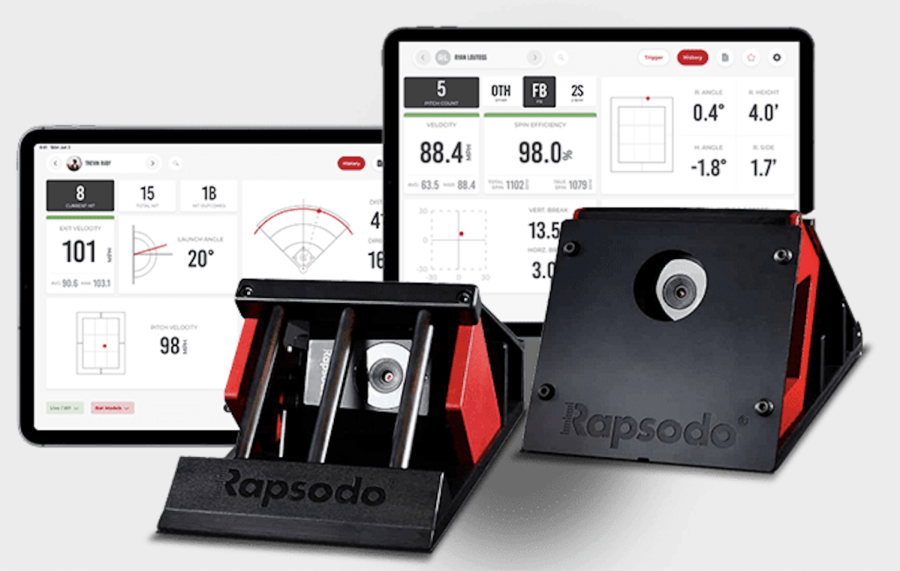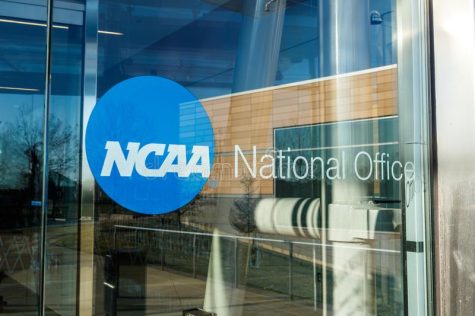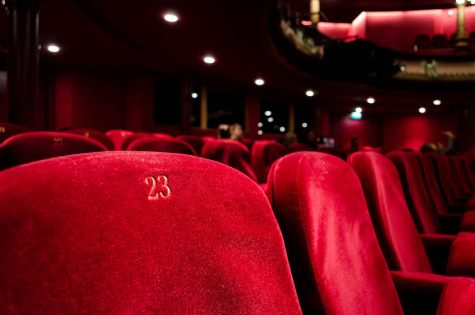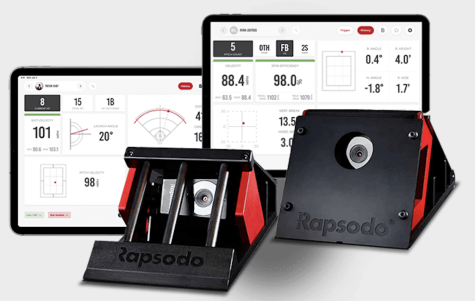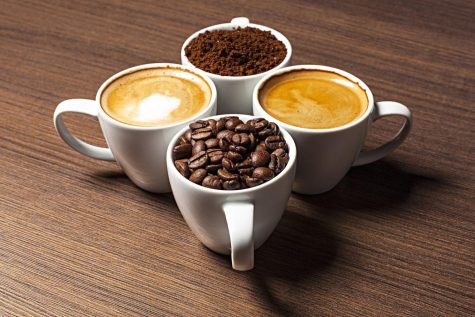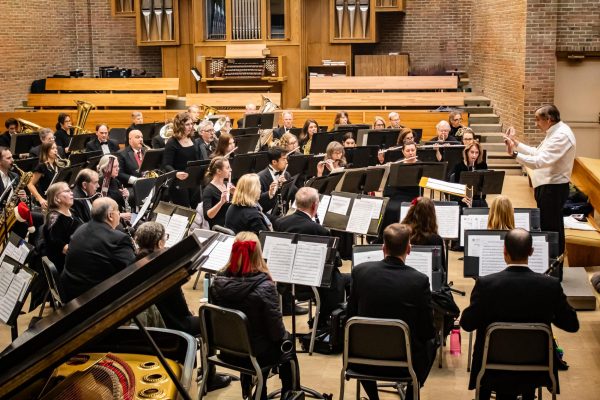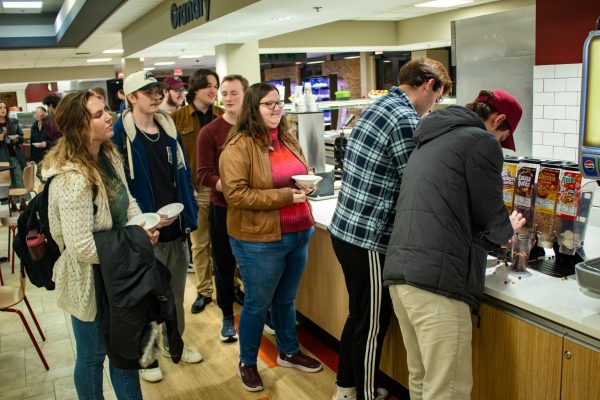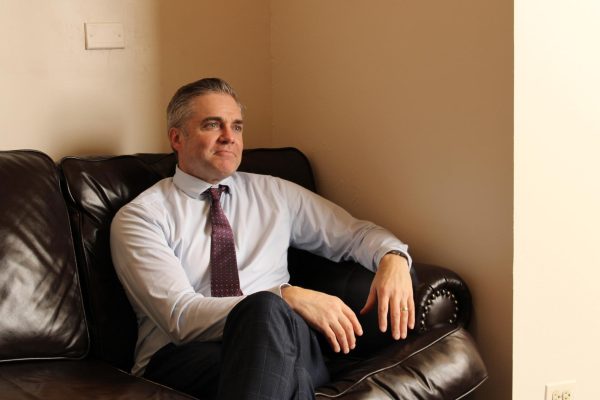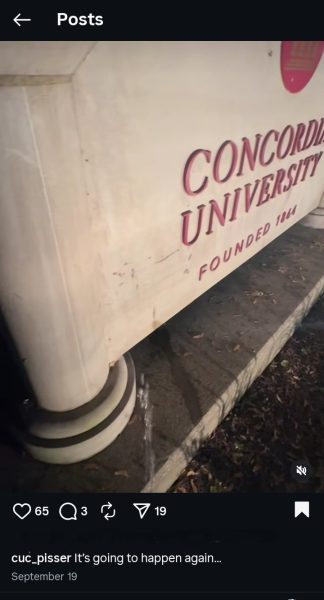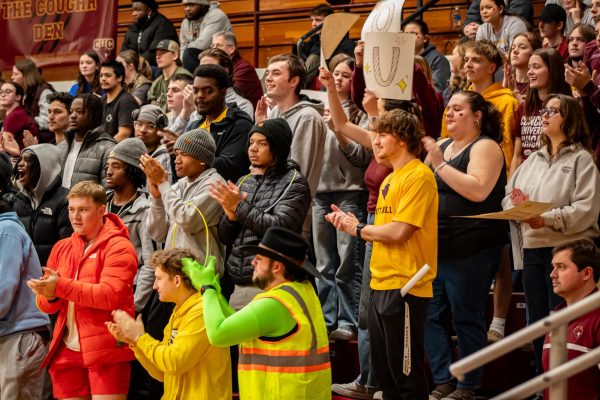Feature: A Whole New Money Game
Newly legal brand endorsement deals allow college athletes to profit off their name, image, and likeness, but most companies just want to sign up potential ambassadors for cheap.
I’m more than halfway through my collegiate baseball career at Concordia University Chicago, so I thought it was time to try and land an endorsement deal. I have 1,993 Instagram followers, 453 Twitter followers, and a small following on Tik Tok (this is where my content creation skills shine). It’s not a spectacular following, but Sammy Valdez, my baseball teammate and roommate, had already secured what’s referred to as a name, image, and likeliness (NIL) deal. I felt I should learn a few things from him before I started contacting companies.
Unplugging his phone from the charger, Valdez places his iPhone in a tripod on his desk next to a box from Dude Wipes, a Chicago-based hygienic product company. After fixing his hair and adjusting the lighting, Valdez pulls out a selection of Dude Wipes products one by one from a box. For just over a minute, he raves about the benefits of wet wipes for men and the Dude Wipes bathroom odor removers. After the video, he spends fifteen minutes editing before posting to Instagram and Tik Tok. Just like that, the 21-year-old pitcher participated a NIL deal.
Valdez had originally reached out to Dude Wipes through Instagram. “I messaged the account and told them I loved their product, and wanted to become an athlete partner,” said Valdez. “Sure enough, it worked.”
Now it was my turn. I went to the Dude Wipes’ Instagram page, and typed a message. I explained that I’m a college athlete, and also that I thought Dude Wipes would be a perfect fit with my personal brand. I sent the message, put my phone down, and now had to wait.
Two days later, I received a 14-word response, asking me to send an email to a dudeproducts.com address, with the promise that “we’ll get the ball rolling.” Not much to go off of, but it gave me hope.
Three days later, I received a response from Dude Wipes. They agreed to partner with me, and would send me some products in exchange for “a few social media posts.” I sent my shirt size and shipping address, and then waited for a package like Valdez’s to arrive in my mailbox.
If I had attempted any of this during my freshman year, I would have been permanently banned from all NCAA sports for violating the governing body’s rules against NIL deals. But thanks to a Supreme Court decision last year, college athletes can now pursue their own potentially lucrative product endorsement contracts.
NIL opens the door for athletes to become brand ambassadors for clothing, food, and even adult baby wipe companies like Dude Wipes (alcohol, tobacco, nutritional supplements, sports betting, and other illegal products are still prohibited). In the past, however, the NCAA completely prohibited student athletes at member institutions from making money because of their status as “amateur athlete.”
In one notorious case, former University of Southern California running back Reggie Bush forfeited his 2005 Heisman Trophy after it was discovered that Bush accepted gifts and money from boosters and companies. Despite being the second overall pick in the 2006 NFL draft, with 5,490 career rushing yards and 36 touchdowns over a 10-year professional career, Bush’s collegiate achievements were forever stained.
NCAA rules at the time prevented collegiate athletes from signing brand deals in order to avoid potential bribes and recruiting favoritism. The idea of “pay to play,” which means athletes receiving money based on performance or participation status, would not look good for the public image of the NCAA’s non-profit governing body.
That policy seemed unlikely to change until March 21, 2021, when the United States Supreme Court started hearing the case of National Collegiate Athletic Association v. Alston et al. The lawsuit marked the first time the NCAA defended in a courtroom its prohibition of student athletes receiving monetary benefits. The plaintiffs argued that the NCAA rules barring athletes from using their name, image, and likeliness for monetary benefit should be considered unlawful and a violation of antitrust laws.
One piece of evidence was EA Sports’ NCAA Football video games, which paid Associated Press Top-25 universities a minimum of $78,000 each to use logos, uniforms, and other aspects of the team for the video game, according to Forbes. The remaining 120 FBS teams receive second tier ($47,000 minimum), third tier ($31,000), and fourth tier feeds ($7,500). Exact payouts could vary widely: The University of Wisconsin, a premier Big Ten conference program, received more than $143,000. While digital athletes remained nameless in the video game itself, they were designed to replicate real-life college football players. Therefore, individual college athletes didn’t receive any money in return. EA Sports stopped selling the NCAA Football game after 2013.
The Supreme Court delivered a unanimous 9-0 ruling in favor of Alston and the other plaintiffs on June 21, 2021. In the concurring opinion, Justice Brett Kavanaugh wrote, “The bottom line is that the NCAA and its member colleges are suppressing the pay of student athletes who collectively generate billions of dollars in revenues for colleges every year.”
Kavanaugh is referring to the $1.16 billion in revenue the NCAA reported in 2021. The NCAA states it distributes 60% of the annual revenue to Division I members, with $150 million funding championships. 4.37% to Division II and 3.18% to Division III members. In 2019, the NCAA banked $917.8 million from March Madness, according to CNBC.
What once seemed an impenetrable dam is potentially a floodgate of cash for college athletes to snatch up. Yet high-dollar megadeals, like the estimated $1 million contract UConn all-American women’s basketball player Paige Beuckers recieved with Gatorade and StockX, are few and far between. Most athletes, like Valdez, will find themselves using their likeness to promote products or partner with a brand through social media for less than $100 or just a free product sample.
As the tides have changed in favor of the athletes in terms of NIL, the once described as “amateur athletes” by the NCAA could pursue making money. (Not coincidentally, EA Sports announced in late 2021 that they were would resume production of their NCAA Football game in summer 2023.) Social media posts, endorsements, product testing, appearances, and paid autograph sessions all become fair play as NIL allows athletes to use their status for monetary benefit outlined by new NCAA legislation. With just over half a million college athletes at NCAA institutions, the chances of every athlete landing an NIL deal is unlikely. Those who venture out and search for deals, or those luckily enough to be presented with one, will discover being a college athletes can come with monetary perks.
***
Way before Alston et al, the first small step towards athletes gaining the right to use their name, image, and likeness for monetary benefit started in the California senate. State senator Nancy Skinner proposed legislation on September 30, 2019 that would protect collegiate athletes from punishments from schools for accepting money or signing endorsement deals.
Following the Alston et al decision, the NCAA released new preliminary guidelines and legislation for college athletes to conduct NIL deals. It outlined how athletes could engage in NIL activities following state and NCAA regulations as long as athletes reported the deals and worked with school compliance officers.
“The current problem with NIL is lack of clarity for what’s right and wrong,” said Casey Floyd, the founder and chief compliance officer at NOCAP Sports, a company that connects student athletes with NIL deals. “The so-called ‘legislation’ passed on June 30 makes it each division’s responsibility to set laws for its member schools. If they don’t have laws, these schools often say follow state, and in some cases the vague NCAA NIL guidelines.”
To summarize the legal “no’s” of NIL, Floyd keeps it simple: no pay to play, no recruitment endorsements, and no pay just because of athlete status. An athlete can’t commit to a school because of brand or booster influence, and must participate in competition without potential payments or bribe. This addresses the previous concerns of the NCAA prior to new NIL legislation, but allows athletes to pursue brand deals and endorsements.
Floyd previously worked in the University of Michigan’s athletic compliance office for a decade after receiving his law degree. He coordinated with coaches and teams to navigate compliance legislation, and with athletic boosters to find loopholes that the teams could use for their benefit. “I found myself wanting to make a difference and help athletes, but I couldn’t make any changes within my role,” said Floyd.
Floyd left his job in the University of Michigan athletic compliance office and joined NOCAP Sports in 2019. There, he helped to develop the technology and platform to make NIL easier for athletes, universities, and businesses. NOCAP Sports now works with over 2,000 institutions, helping athletes to discover sponsors and engage in NIL negotiations. Their free membership helps athletes create profiles, which includes a biography, social media accounts, and prices for their services (like how much a student athlete should expect to receive for each Instagram post).
If a deal is made through the NOCAP website, the athlete receives 100% of the money. The business then pays NOCAP Sports for 15% of the deal’s value for taking care of compliance papers, tax forms, and ensuring the athlete, university, and partner business aren’t breaking rules. If a deal is made outside of the website, NOCAP Sports allows athletes to log the deal on their website at no charge.
CUC teamed up with NOCAP Sports in the fall 2021 semester. “NIL was one of the biggest and most challenging legislations I’ve dealt with in a long time,” said Janet Wolbert, the assistant director of athletics and director of compliance at CUC. “I’m happy to see our athletes get the chance to engage with companies, with the help of NOCAP Sports.
When Valdez received his product samples from Dude Wipes, Wolbert oversaw all the steps with the help of NOCAP. “It’s easy for both myself and athletes to follow the steps with NIL,” said Wolbert.
Valdez is one of many student athletes who engage in NIL deals at CUC. In his deal, Valdez received six products from Dude Wipes to post about on social media. He doesn’t receive any money up front for his social media posts, which is a common deal for most athletes at Division III institutions. “I don’t mind it, but I hope I can get paid a little bit,” said Valdez. “After all, I’m in it for the brand first.”
Deals that result in athletes receiving products as a form of payment are more common than people think. Floyd says that product brand deals benefit the brands more than athletes. With an emphasis on using the athletes as cheap advertisements, athletes often undervalue their worth. He suggests that athletes like myself and Valdez should work to negotiate deals for their work prior to posting and after to make sure they’re paid fairly.
***
At the Division I level, bigger schools mean more students, and athletes typically have a larger social media following. It’s also worth noting that Division I sports are televised and covered more in American sports media, which increases an athlete’s potential reach. All of that means Division I athletes can potentially attract the most lucrative NIL deals.
DePaul University, a Division I school in Chicago, is one of the most decorated softball programs in the Big East conference. With six Big East regular season titles, five Big East tournament titles, and four Women’s College World Series Appearances, the Blue Demons are a well-known collegiate team. The university partnered with INFLCR to create Legacy, DePaul’s own NIL portal for its athletes. Like NOCAP Sports, INFLCR helps connect athletes and businesses to engage in NIL discussions, while also handling the compliance rules and protocol.
Compared to Valdez, DePaul softball player Tori Meyer is arguably more valuable as a brand ambassador. Meyer used INFLCR to connect with Liquid IV, which makes powdered water additives and sport drink mixes, for her first NIL deal in September 2021. “After I setup my profile, I started browsing through their ‘Explore’ tab and found a few companies that worked for me,” said Meyer. “I’ve used Liquid IV before, but to see their company values matched what I wanted made it easy to apply.”
In her deal with Liquid IV, Meyer received an initial shipment containing a variety pack of the product line. She made an initial post on her Instagram story of the products unboxed, and included the promo code “Meyer15” that her followers could use to receive fifteen percent of their online order. For every customer that uses her code, she receives $5. If her product runs out or at least five people user her code, then Meyer receives a new shipment from Liquid IV.
Meyer has made just $85 through the deal, but she enjoys the free product and payment. “When I initially started posting, I got seven to ten people who used my code,” said Meyer. “Now that I’ve posted three, soon to be four times, it’s been harder for me to get people to use my code.”
Meyer’s deal with Liquid IV wasn’t even her first NIL deal. The previous August, she became a “Barstool Athlete”: a collegiate athlete sponsorship from the popular website Barstool Sports. “It was super easy and not a lot of work on my part,” said Meyer.
On July 1, 2021, less than two weeks after the Alston et al decision, Barstool Sports Founder Dave Portnoy announced in a Twitter video that the company would sponsor Jacksonville State University volleyball and beach volleyball player Adelaide Halverson. He later stated that the company would be sponsoring college athletes across Divisions I, II, and III from a variety of sports. The athletes could simply click a link in Portnoy’s tweet, which directed them to fill out a Google Form with their contact information, sport, and social media accounts. The application took Meyer five minutes, and she recieved a response three weeks later.
Barstool Sports, which sold for $450 million in January 2020 to Penn National Gaming, now sponsors approximately 4,000 athletes, and has its social media accounts. Meyer’s contract with Barstool Sports meant she would receive exclusive merchandise, association with Barstool Sports, and potential for digital collaboration. In return, athletes agree to let Barstool Sports use their name, image, and likeness on any Barstool platform or channel.
Two weeks later, Meyer received a dark blue pair of sweatpants and a sweatshirt that say “Barstool Athlete” in the company’s font. Since her initial Instagram story post, which was reposted by the Barstool Athletics’ Instagram account, she has not heard anything from the company. Meyer doesn’t regret her NIL deal with Barstool, but wishes “there was more for her to do.”
Floyd warns that lowball arrangements like this are the exact opposite of what NIL deals should provide for athletes. A major part of athletes collaborating with brands is understanding intellectual property ownership, which refers to who exactly controls the rights to the content and images that athletes produce as part of their endorsements. Deals that don’t include IP ownership clauses in favor of athlete partners may leave money on the table or result in unwanted advertising of their name, image, or likeness.
In her agreement with Barstool Sports, Meyer’s image and posts could be republished or included in marketing strategies beyond clothing without additional payments. “Athletes need to learn how to negotiate exclusivity and IP ownership,” said Floyd. “Companies can take advantage of athletes if they don’t understand this deeper concept of NIL beyond money and free products.”
Exclusivity means an athlete’s potential to partner with other brands. Universities often outfit their team in exclusive deals with athletic wear brands like Nike or Adidas. If an student tries to signs a NIL deal with a rival company, like Under Armour or Reebok, they may not be able to partner with competitors or other brands.
Floyd suggests athletes become more educated, and realize they have more control in negotiation than they think. If a company uses someone’s name or image for their marketing, the athletes should be compensated fairly.
***
To secure my own NIL deal I needed to look for brands that fit my lifestyle and commitment level. I’m in the middle of my baseball season, so my free time is limited, so I’m most likely looking for a product deal.
The most important type of athlete a company is looking for are brand ambassadors. Floyd said companies want to attach themselves to college athletes who fit their company’s image and brand. “These companies do their diligence to make sure you not only speak well about their brand, but rep it better,” said Floyd.
If Meyer could have two deals, I thought I should take a crack at landing at least one. I created an account with NOCAP Sports, followed the steps Floyd explained to me for setting up my profile, and then began my search in the “Opportunities” section. It was slim pickings from the start, with only two deals available to me.
One was for Stash, an personal investment company. I would be required to explain to my followers how easy it is to invest and why I liked Stash in particular. After depositing $1, I would receive $50 in additional credit to my account. This same promotion would apply for anyone that used my promo link when they signed up. This deal also says I would receive $25 for every person who uses my link to sign up. That sounds better than Meyer earning $5 per Liquid IV purchase, as long as I could convince some of my followers on board, and I could get some decent money. But I didn’t feel like Stash really fit my personal brand. I decided to pass on the deal.
The other option was for love.fútbol, an organization that creates safe spaces for kids to play. My tasks would be to create a post that would excite potential donors to donate and contribute to their mission. The compensation ranges from $0 to $201, which is not very enticing. I’m also a baseball player, not a soccer fan.
Without any more deals available through NOCAP Sports, I reached out to Barstool Sports to inquire about becoming a Barstool Athlete. Before I got too far, however, Wolbert warned me that the deal would violate CUC’s own NIL policy of engaging with companies that have sports betting. Several other CUC student athletes had already tried to apply.
I never heard any more from Dude Wipes, so I sent an email to check in. Looking back at my prior exchanges with the company, some small red flags popped up in my mind. I had only received vague responses, there was no list of products being shipped, and no real plan for how I should promote the products if I ever got them. I realized that the Dude Wipes endorsement wasn’t the guaranteed deal I thought. I’m still hoping to receive more clarity about the deal, and now understand what Floyd meant when he advised me to “stay smart and know your values.”
NIL is beneficial, yet a good reminder that brand partnerships and deals take time and effort. Some athletes have that, and some don’t. Regardless of the situation, business is business.
Companies need to make their money back on their investments, and athletes need to understand the fine print. Not even a year into the new NCAA legislation, and athletes continue to find ways to use their name, image, and likeness to their advantage. With that will come more deals and better partnerships between athletes, universities, and businesses. Landing an NIL feels hectic, but it will soon take another step up and in the right direction in favor of athletes making money with more education and awareness about opportunities.
This article was part of the coursework for JOU-4100 Magazine Journalism.

